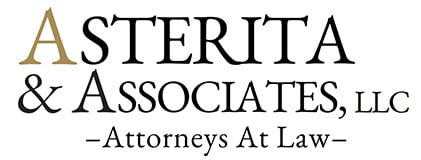The mortgage closing process, also known as settlement or escrow in some regions, is the final step in the home-buying journey. It occurs when a property’s purchase is officially completed, ownership is transferred from the seller to the buyer and a new mortgage becomes effective.
For many buyers, especially first-timers, closing can be both exciting and daunting due to its complexity and the amount of paperwork involved. Understanding what to expect can help demystify the process, making it less stressful and more efficient.
Dotting the Is and crossing the Ts at a house closing
Before closing, buyers typically conduct a final walk-through of the property. This is an opportunity to ensure that the home is in the agreed-upon condition, that necessary repairs have been made and that the property is empty unless otherwise agreed upon.
During the closing process, a final review and signing of various legal and financial documents will take place. If you’re about to participate in a closing, you’ll likely be signing the following key documents at that time:
- The closing disclosure: This document outlines the details of your mortgage, including the interest rate, monthly payments and closing costs. You should receive this form at least three business days before closing to review for accuracy.
- The mortgage note: This legal document binds you to the agreed-upon terms of the mortgage loan, including your obligation to repay the borrowed amount plus interest.
- The deed of trust: Also known as a security instrument, this document gives the lender a claim against the house if you fail to meet the terms of the mortgage note.
- The certificate of occupancy: For new construction, this document is necessary to prove the home is habitable and meets local building codes.
You should also be prepared to pay closing costs during the closing process, which typically range from 2% to 5% of the purchase price. These costs cover various fees, including loan origination fees, appraisal fees, title searches, title insurance and taxes.
Finally, the closing process will end with the transfer of the property’s title from the seller to the buyer, officially making you the homeowner.

